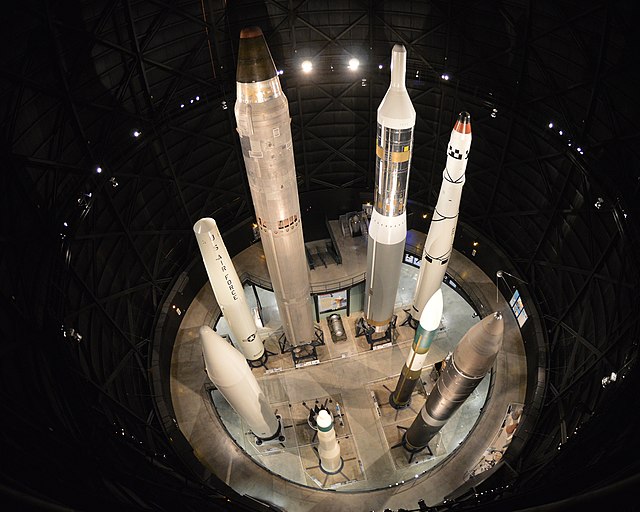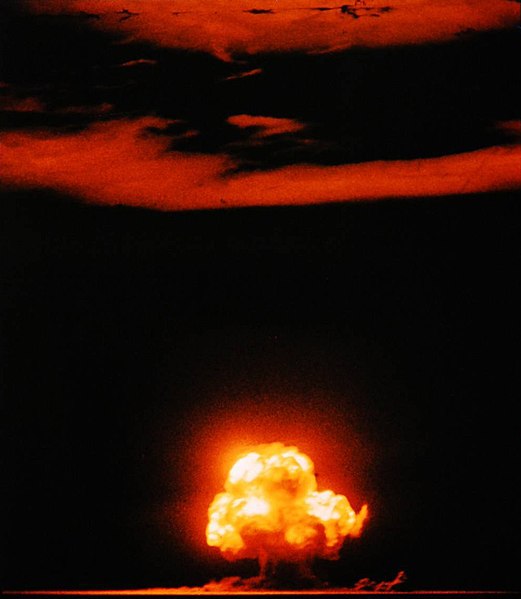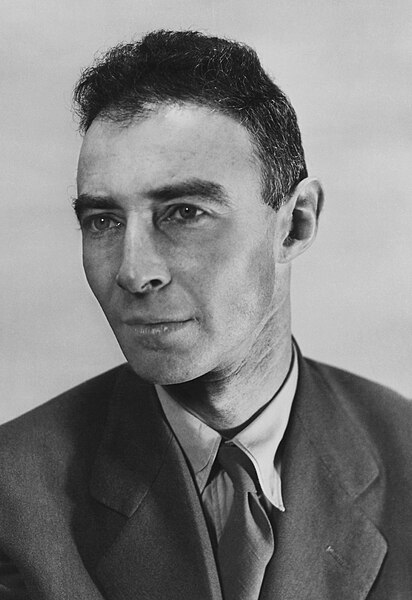Deterrence theory refers to the scholarship and practice of how threats of using force by one party can convince another party to refrain from initiating some other course of action. The topic gained increased prominence as a military strategy during the Cold War with regard to the use of nuclear weapons and is related to but distinct from the concept of mutual assured destruction, according to which a full-scale nuclear attack on a power with second-strike capability would devastate both parties. The central problem of deterrence revolves around how to credibly threaten military action or nuclear punishment on the adversary despite its costs to the deterrer. Deterrence in an international relations context is the application of deterrence theory to avoid conflict.

USS Growler, one of two submarines designed to provide a nuclear deterrence using cruise missiles with a 500-mile (800 km) range—placed on patrol by starting to carry the Regulus I missile (shown at Pier 86 in New York, its home as a museum ship)
A nuclear weapon is an explosive device that derives its destructive force from nuclear reactions, either fission or a combination of fission and fusion reactions, producing a nuclear explosion. Both bomb types release large quantities of energy from relatively small amounts of matter.
An assortment of American nuclear intercontinental ballistic missiles at the National Museum of the United States Air Force. Clockwise from top left: PGM-17 Thor, LGM-25C Titan II, HGM-25A Titan I, Thor-Agena, LGM-30G Minuteman III, LGM-118 Peacekeeper, LGM-30A/B/F Minuteman I or II, PGM-19 Jupiter
The Trinity test of the Manhattan Project was the first detonation of a nuclear weapon, which led J. Robert Oppenheimer to recall verses from the Hindu scripture Bhagavad Gita: "If the radiance of a thousand suns were to burst at once into the sky, that would be like the splendor of the mighty one "... "I am become Death, the destroyer of worlds".
J. Robert Oppenheimer, principal leader of the Manhattan Project, often referred to as the "father of the atomic bomb".
Edward Teller, often referred to as the "father of the hydrogen bomb"





